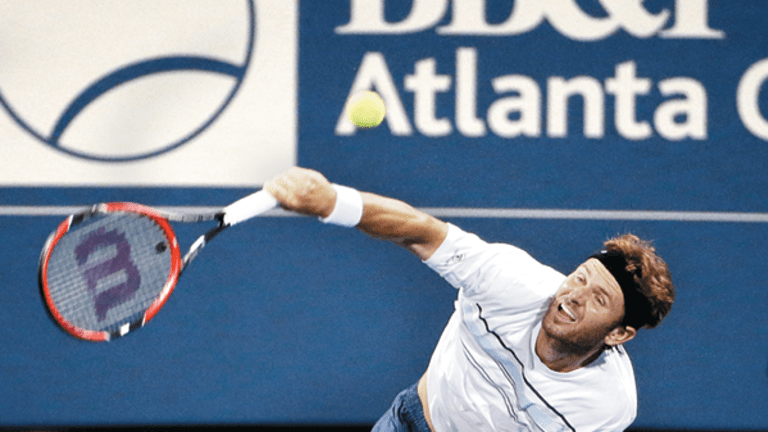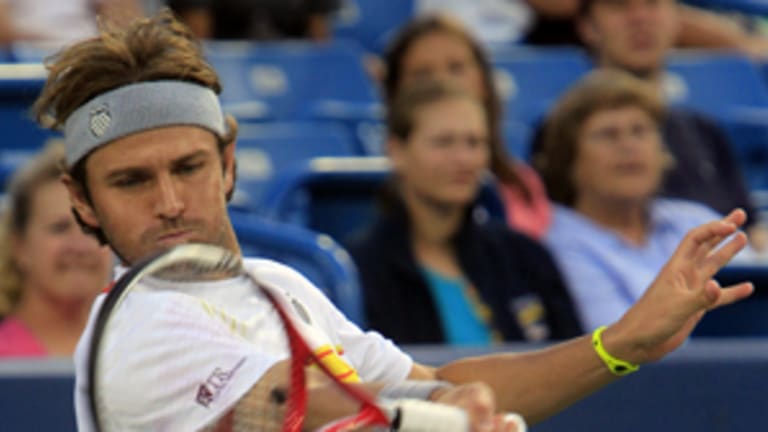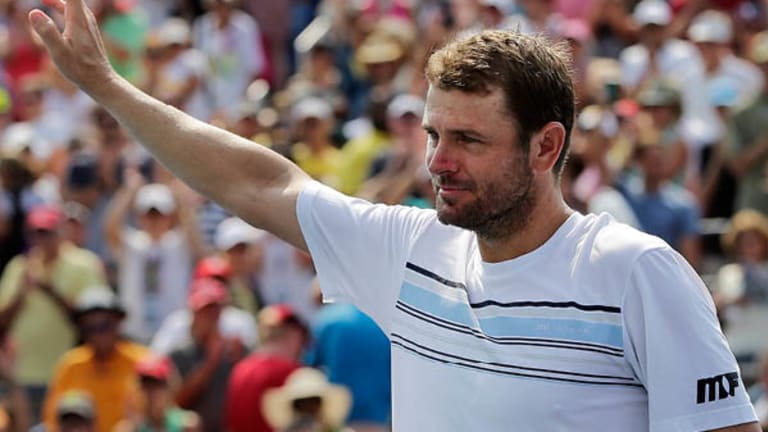The 2012 season was really the first time that things started feeling different. The previous year was incredible—finishing 2011 at No. 8 in the world and making the ATP World Tour Final was a really special culmination of all the work I had put in. The well-documented weight loss, lifestyle changes, rededicating myself to my career: Things were finally coming together for me as a player. And for the first time I felt the pressure and expectations of being a top player. You get pulled in a lot of different directions, and I didn’t yet understand how to deal with that. I think that was where it started.
I began having heart palpitations in the middle of the night when I was on the road. They would show up during specific matches, or if I would have something to drink. I was diagnosed with atrial fibrillation, an irregular heartbeat that would cause my heart to beat out of control. It was pretty scary—it’s hard not to think the worst when something like that is going on.
After my diagnosis, I had an ablation done to correct the arrhythmia. Even though it’s a standard procedure, the process was intense and invasive. It was a pretty jarring experience and that weighed on me a little bit. After that, something felt off. I started to feel nervous in a lot of everyday situations.


